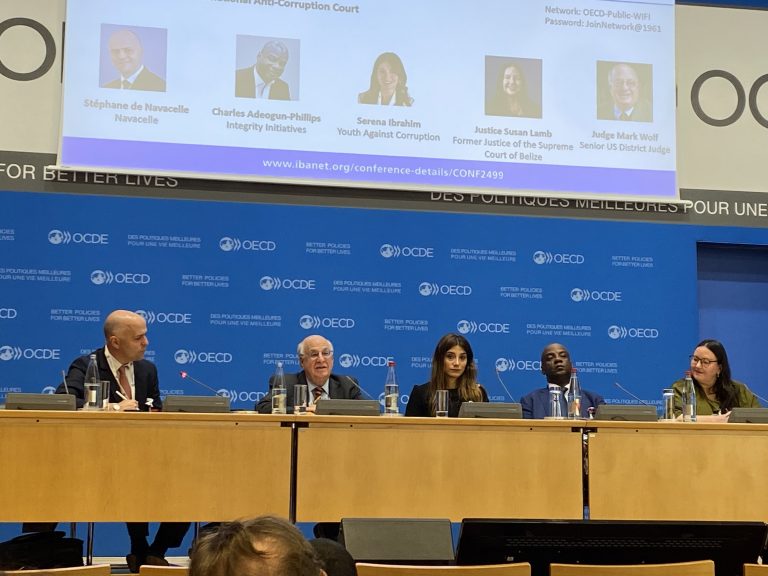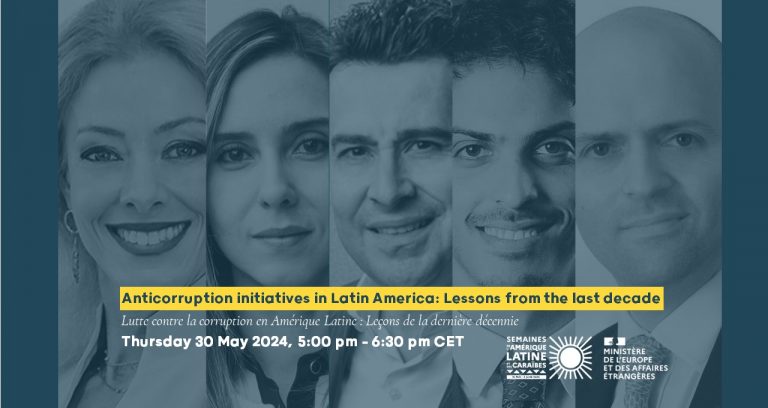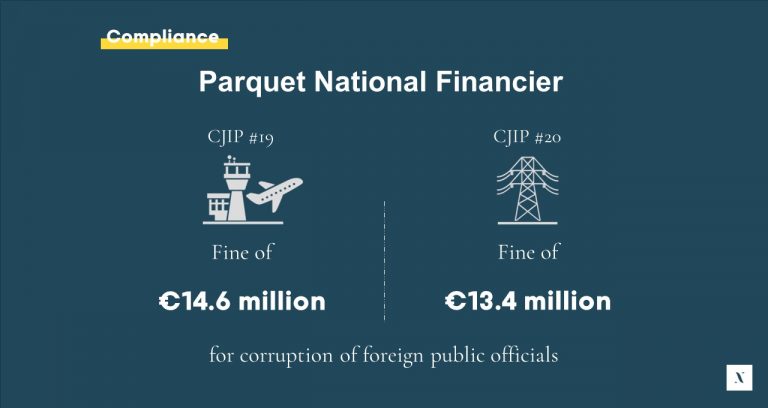Law No 2016-1691 of 9 December 2016 on transparency, the fight against corruption and modernisation of economic life (Sapin II Law) requires certain companies to take measures to prevent and detect acts of corruption or influence peddling.[1] Companies which fall under the provisions of Sapin II Law must have at least 500 employees or belong to a group of companies whose parent company has its registered office in France and has at least 500 employees, and whose revenues or consolidated revenues exceed €100m. Enforcement of Sapin II law is undertaken by the French Anti-Corruption Agency (AFA), which controls the existence and effectiveness of anti-corruption measures put in place by these large companies.
On 30 September 2022, the AFA published the results of its second survey about anti-corruption systems in French companies, including nearly 300 large, small and medium-sized companies.
While the AFA emphasises that material progresses has been made by French companies, compared to the survey of two years before, it also stated that there is still room for improvement.[2]
Regarding the methodology, AFA’s report states that the survey included 25 questions on three major themes relating to: (1) the description of the responding entity; (2) the entity’s knowledge of the offences relating to corruption and influence peddling; and (3) prevention of such offences. The survey was not only targeted at companies which fell within the criteria of Sapin II law. [3]
Interestingly, the AFA found that three-quarters of the companies which responded had international activities,[4] and that the persons responsible for filing the answers oversaw ethics and compliance.
Moreover, almost all of survey respondents declared that they had implemented measures (including adoption of a code of conduct, internal whistleblowing system and anti-corruption training) to prevent and detect influence peddling, mostly under legal or regulatory obligations, such as Sapin II law.[5] According to such respondents, the most difficult measures to implement were: (1) third-party integrity assessment/due diligence, due to the lack of human and financial resources; (2) anti-corruption risk mapping, because of its complex process; and (3) anti-corruption accounting controls, due to difficulty in determining the scope of controls to be carried out.[6]
In addition, a quarter of the responding companies had been confronted with at least one case of corruption of influence peddling within the last five years and that a large majority of them had initiated an internal investigation and imposed disciplinary sanctions as a result of such cases.[7] Nonetheless, less than a third of companies which had faced such issues had either filed a complaint or referred it to criminal courts.[8]
Among the areas for improvement, the AFA noted that the majority of responding companies considered that they were only slightly exposed to the risk of corruption and influence peddling. The regulator stressed that such risk is not only related to company size, but mainly to its risk profile, which is also based its sector/industry, its governance, its organisation, its business model, etc. [9]
The AFA also stated that not even half of the responding companies had implemented all the anti-corruption measures imposed by Sapin II law, [10] which were, in most cases, not annually updated.[11]
The responses submitted also showed that most companies did not understand that facilitation payments are considered acts of corruption.[12] The AFA therefore emphasised the need to raise awareness on this topic, as well as that of risk mapping related to corruption and influence peddling, third-party due diligence or accounting controls on corruption.[13]
The AFA finally stressed that risk of corruption should be specifically assessed and subject to a tighter control in certain areas, such as mergers and acquisitions, as well as in some support functions, such as human resources, due to the greater risk of corruption they are exposed to.[14]











